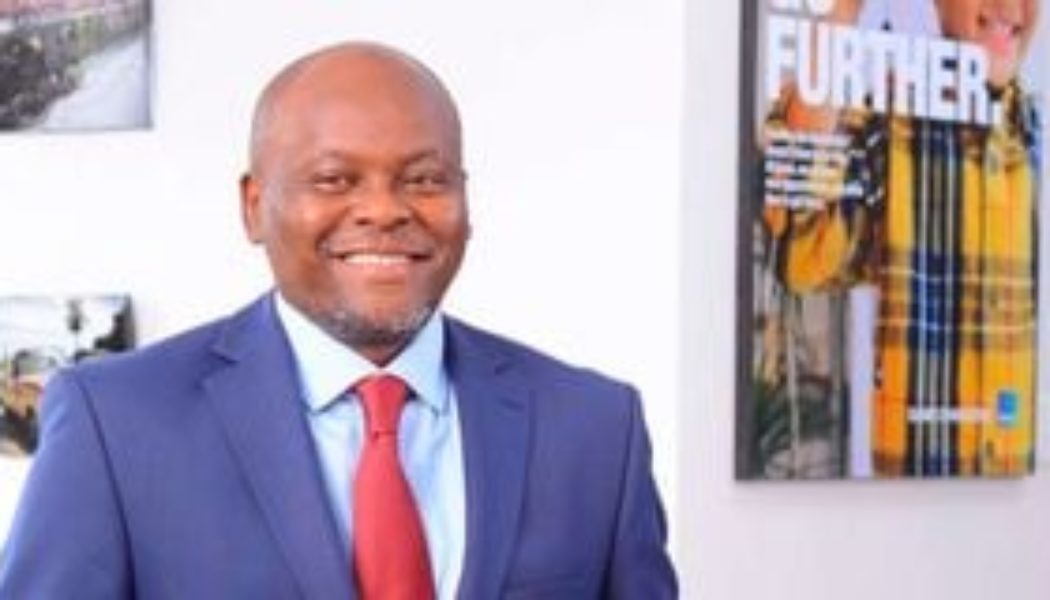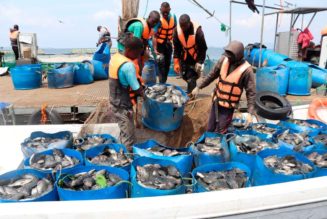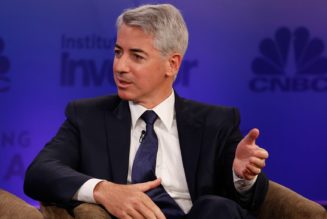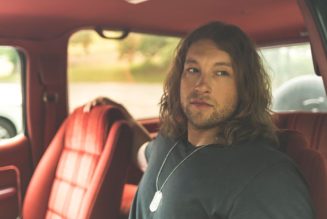Chris Githaiga relocated to Nigeria for work and almost never came back. It was too addictive; the boisterous people, the constant hum of commerce (and generator sets), and the unrelenting hope. Ipsos Nigeria was on its knees when he was sent down to resuscitate it in 2017, having joined them from Millward Brown EA, a global research agency where he had been for eight years as their managing director.
He returned home in 2019 when Ipsos Kenya was on its deathbed and needed final prayers or a transfusion. Five years later, as their country manager, the organisation thrives. That’s his magic. “Turning around and growing businesses could be my magic. I trust people. I trust the right teams. I get the right people I trust in the right teams. Then I give them freedom.”
What’s addictive about Nigeria?
It’s the energy. Nigerians feed you energy. In the morning, the level of energy is here. [Holds palm above head] And it stays constant throughout the day. They maintain that energy. They’re the most optimistic people I’ve met even though all around you is struggle and poverty. They are always smiling, always optimistic for a better tomorrow.
You know, they don’t have social amenities like we do – you could stay for months without power. In our office, we had a blackout for four months. There’s no piped water. They dig boreholes and buy their generator sets, they create their support system. They don’t depend much on the government. Their economy works even when there is noise in their political environment. Their economy isn’t as sensitive to politics as our own.
What did you learn about yourself when you were there?
I’m usually very quiet. I feared I would struggle to fit in because they were very aggressive. Everything is loud. I remember when I first went and two of my senior guys had a big fight. It was a vicious verbal fight, they were shouting in each other’s faces and I remember thinking, Oh my God, I just started work here and these two guys are going to kill themselves in my office. But then suddenly they started hugging and smiling and joking with each other.
I couldn’t handle those emotional rollercoasters. So they’re very expressive and they may seem very violent but they’re very nice people. They’re very loyal. And when they do something wrong, they don’t hide. They say, I did it, it’s the evil spirit that made me do it. Anyway, I learned that I don’t have to change who I am to adapt to a new environment. I remained true to myself. When you are authentic people will see that and connect with you at your level. I didn’t have to shout or change to be like them. When they come shouting, I talk the way I speak, and everybody comes to my level. I loved Nigeria, I made some lifelong friends there.
Why did you come back?
I realised that if I didn’t come back home, I’d never come back. I’d get used to it, get too comfortable.
You mentioned you have four children, what have you enjoyed the least about fatherhood?
Well, first I love it. My daughter has just finished university. She’s 23 now. My son is going to university in September in the US. The others are in lower school. I have least enjoyed not being able to provide for my children when money was tight. That is scary. You get anxious. It’s tricky. Isn’t it? Knowing that your actions impact your children, all of your actions. Spending time with them to create memories is key for me. I now play golf with my son and football on Saturdays.
Are you teaching him anything on the golf course?
That it’s a game of chances, you can have a bad shot in a hole but then you have four more chances to get a better shot. The next hole can be better, don’t get stuck on the bad shot. As in life, you ask yourself; how can I make a better shot? All these lessons are as vital in life as they are in business. People make mistakes but you don’t repeat them.
Where did you grow up?
I’m a Nyeri boy. Growing up, it was nearly always cold; it could get to four degrees Celcius in June. We were coffee farmers, but I hated coffee. I was traumatised by coffee because we would be made to work on our coffee farm even when it was raining. But even though it wasn’t a lot, coffee money, it catered for our education expenses. The coffee farming system is extortionist; the little person – the farmer never benefits from his coffee. It’s the middle-man who benefits. For the longest time, I couldn’t drink coffee because of that childhood experience.
Do you think your parents were happy?
They were not happy. But they never complained. They just did what they had to do, they had children who needed to be fed and schooled and so they got on with it, you know? They didn’t even see the connection between the value of producing their coffee and what they were getting for it. They woke up every day and worked.
What did you want those days when you were young, picking coffee in the rain?
I wanted to be a doctor, to help people. I don’t want to say I’m a saviour but I liked the idea of easing people’s lives. I don’t think there is a time we are as aware of our fragility as when we are sick and our bodies are beaten. However, the university I joined didn’t have medicine so I didn’t pursue it.
Are you ever going to pursue that?
I don’t know. I’m too old now. I’m 52 but that’s not all, I think that has passed.
What do you like about 52?
I’ve come to appreciate every day as a gift. If I am healthy, I can wake up, walk, and come to work. I don’t take that for granted like I did when I was younger. I appreciate friendships. The beauty of this stage of my life is that I have better clarity of things and I react differently to situations because I know how they are going to play out. Because I’ve seen it before. So that experience also helps. I can also smell when a situation is going to be a train wreck and know whether I should be involved or let it happen for someone to learn from it. So, I’m a bit wiser at my age.
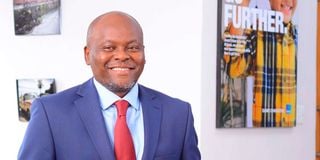
Ipsos Kenya Country Manager Chris Githaiga.
Photo credit: Pool
At what stage of your life were you most unstable?
My forties. I didn’t know what I was doing or where I was going. It was a bit confusing. It’s also the time to take stock of things and panic because you don’t feel like you’ve done enough. But then you settle down in the peace of accepting that it’s what it is and make peace with what you have.
Do you think you’ve done enough?
I’ve done what I could. I could have done more. I could still do more. I don’t think there’s a limit.
What do you think is your superpower?
I never thought about one.
What’s your edge? Why are you the one seated on that seat and not somebody else?
I have run successful businesses. Millward Brown EA, moved from zero to become the biggest agency in Kenya. Then I went to Nigeria and made Ipsos the biggest research company in five years. When I came to Kenya, this business was almost shutting down. We’re now number one again. So turning around and growing businesses could be my magic. I trust people. I trust the right teams. I get the right people I trust in the right teams. Then I give them freedom. There is no point in hiring people and then managing them. I provide leadership, but I don’t manage. If I start managing you then you know you’re on your way out.
What’s your next big thing?
I want to retire in Nanyuki. I like farming. I’ve tried it a couple of times; I had some greenhouses in Kikuyu. I like the way you plant, then you see the plant growing to the time of harvesting. That whole process is very therapeutic. I will retire in the mountains where I can wake up and look at Mount Kenya on this side, and the Aberdares on the other side. Yeah, that, for me, is what makes me happy. Maybe play some golf, spend time with my grandson. I’d like to travel for leisure. I’ve travelled almost everywhere but for work.
Are you anxious about getting old?
No, I’m at peace with that. You can’t stop it. I appreciate each day I’m alive, I don’t worry too much about tomorrow. I fear my health failing, though because when you get older some of these things become a reality. I don’t want to get sickly and be a burden to my family. So I do what I can now – eat well, exercise, and make the right choices in life.
How did you meet your wife?
I used to see her at work, but I didn’t know her name. I’d see her walking to her car in the parking lot. So I got her number plate and got someone to check who she was. When I got her name and where she worked I sent a bouquet with my number on it. She didn’t call me immediately of course, but eventually she did. When she did I didn’t pick up immediately because I didn’t want to seem like I was seated waiting for her call eagerly. [Laughs]
I asked her out for coffee and she said she was busy for the next two weeks. She was playing hard to get. I said I could wait. Two weeks came and we met for coffee. Then after that, I just started going hard with dinners and breakfasts and lunches. She didn’t know what hit her. [Laughs] Here we are, 15 years later.
